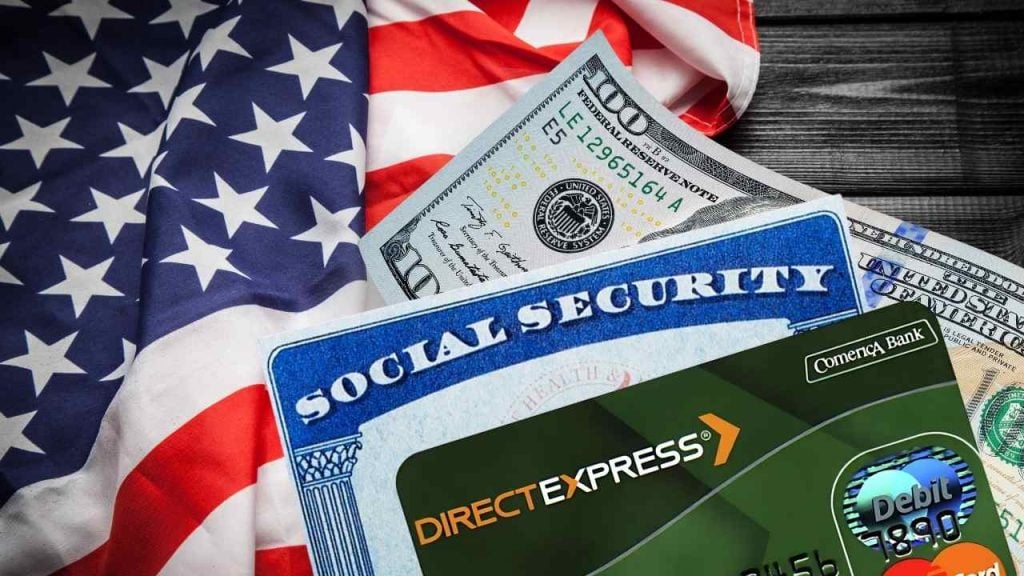The second Wednesday in July marks the beginning of monthly Social Security benefit distributions for millions of Americans. As usual, the Social Security Administration (SSA) follows a strict schedule based on the beneficiaries’ birthdates, applicable to those who began receiving retirement payments after May 1997.
There are three retirement payment rounds, each month assigned to the second, third, and fourth Wednesdays. This is always strictly adhered to, unless one of those Wednesdays falls on a holiday. In such cases, payment is advanced to the previous Tuesday, which is the closest business day.
The three retirement payment dates for July 2025 (claimed after May 1997)
With all of the above explained, let’s review the three confirmed payment dates for the aforementioned Wednesdays:
- Wednesday, July 9: Payments for those born between the 1st and 10th of any month.
- Wednesday, July 16: Payments for those born between the 11th and the 20th.
- Wednesday, July 23: Final payment of the month for those born between the 21st and 31st.
Remember that those who receive Supplemental Security Income (SSI) or whose benefits began before May 1997 have different schedules: SSI payments are made on the 1st of each month, and retirement payments are sent on the 3rd of each month. In both cases, the weekend and holiday advance payment rule applies.
How the cost of living affected Social Security payments in 2025
According to the Social Security Administration (SSA), the 2.5% COLA increase takes effect in January 2025, and is effective until December.
The average benefit for retirees is around $1,976 per month, up from $1,927 reported in 2024. In May 2025, it reached $2,002.39, the first time it has exceeded $2,000, but it has since declined.
The maximum possible amount for a Social Security beneficiary, under the right conditions, is $4,018 for those who retire at age 67 (Full Retirement Age), but those who wait until age 70 could expect to receive a maximum of $5,108. As for SSI (if you receive it as a supplement to your retirement), the maximum for an individual is $967 and for a couple, $1,450.
Say goodbye to paper checks forever: Act NOW and prevent your payment from being suspended
The SSA has confirmed a momentous change: starting in October 2025, it will completely phase out the issuance of paper checks. This measure, announced in 2013 but with exemptions in place until now, seeks to modernize the system, improve efficiency, and drastically reduce fraud and loss.
Although the electronic payment mandate has been in place for years, a small group of recipients maintained physical checks through exemptions or simply by not updating their information. “In October of this year, that will end completely,” the administration states. The change is mandatory and there is no turning back.
Ignoring this transition carries serious risks, as recipients who don’t update their payment method before October risk not receiving their money on time or even experiencing a temporary suspension of their payments.
To ensure the continuity of their payments, those who are still receiving checks should take immediate action by following these steps:
- Sign up for direct deposit: The fastest and most secure method. Do it online at www.ssa.govor by calling 1-800-772-1213. You’ll need your routing and bank account numbers.
- Opt for the Direct Express card: If you don’t have a bank account, apply for this government debit card. It’s automatically reloaded each month. Apply online or by phone.
- Check your information: Even if you already pay electronically, confirm that your banking information is up to date, especially after recent changes.
- Ask for help if you have a disability: If a disability makes it difficult for you to make the change, contact the SSA for personalized assistance or to evaluate an exemption.
- Inform family members or caregivers: Many older adults require support. Make sure those who help them know about this change and take action.
This definitive end to the paper check era pursues clear objectives: eliminating theft, loss, and fraud associated with paper, and saving millions annually in printing, handling, and mailing.
